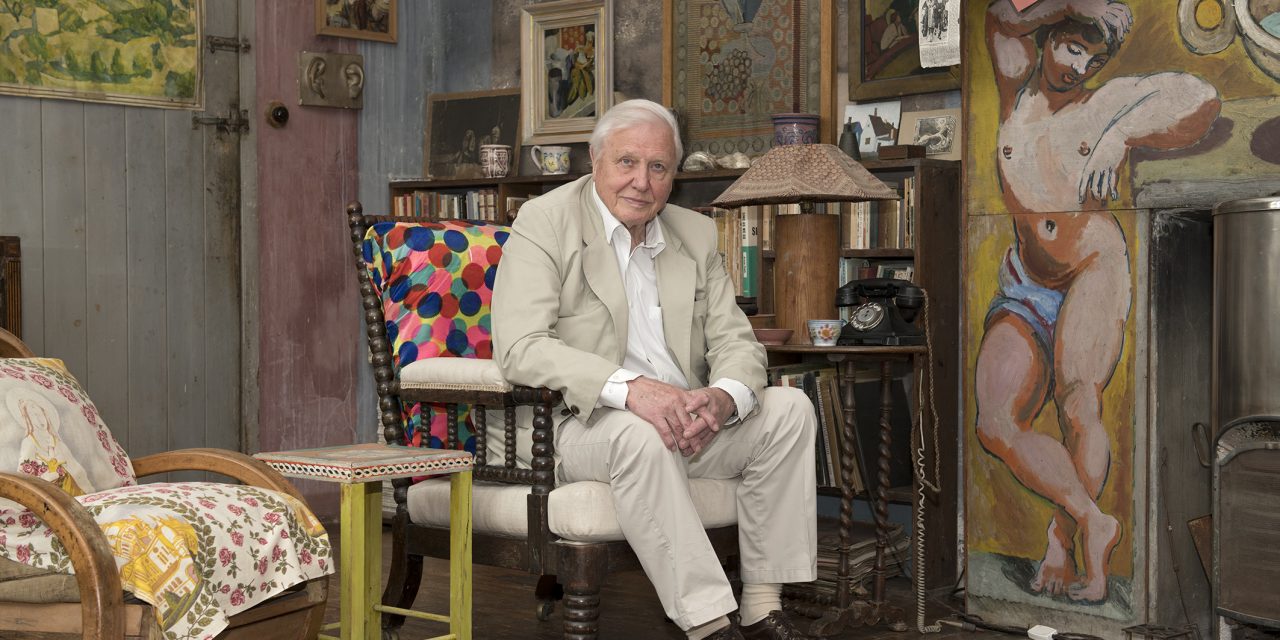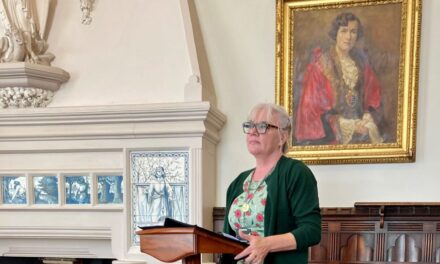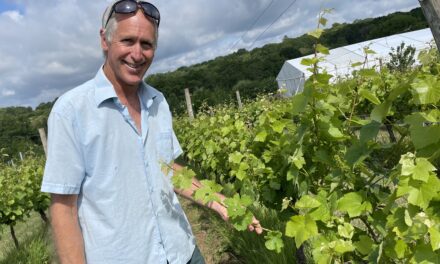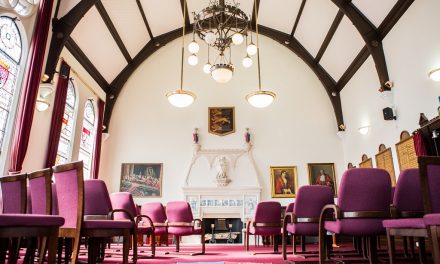Sir David Attenborough was in East Sussex recently to receive the Charleston-EFG John Maynard Keynes prize for services to humanity. Your East Sussex spoke to Britain’s best loved naturalist on the joy that nature brings.
Rarely before has the Charleston festival, which takes place each spring in the home of Bloomsbury artists Duncan Grant and Vanessa Bell, attracted such interest as when David Attenborough was announced as winner of the Charleston-EFG John Maynard Keynes prize.
The global prize, which was last year awarded to the late Stephen Hawking, was given in recognition of Attenborough’s outstanding contribution to society, and the vital role he has played in raising awareness of the human impact on the planet.
His latest series, Blue Planet II, achieved the highest viewing figures of any programme in 2017 and has been seen as playing a key role in raising the public’s awareness around plastic pollution. “I’m just delighted to know that it seems to have rung the bell,” said Attenborough, speaking to Your East Sussex about the programme’s role in triggering a “war on plastic”.
Summing up the scale of the problem, Attenborough described the seas as “choking with plastic” and encouraged readers to reduce their use of plastic wherever possible.
Attenborough celebrated his 92nd birthday this May, but was nonetheless happy to deliver the annual Charleston-EFG John Maynard Keynes Lecture to a packed out festival audience.
Talking to Your East Sussex shortly before his appearance, he described how as a boy in the 1930s he would disappear for weeks on his bike in search of fossils. Staying in youth hostels along the way, his search once took him from his home in Leicester all the way to the Lake District 200 miles away. Pharmacy Stores In Canada, can you order prescription meds online buy orginal cialis https://healthylivinguk.org/2017/05/28/buy-cialis-20-mg/ cheap drugs no prescription, online cialis canadian pharmacies not requiring prescription “As a child I certainly had freedom to roam,” he said, “but things were very different growing up in the 1930s, I doubt many children would enjoy such freedoms these days”.
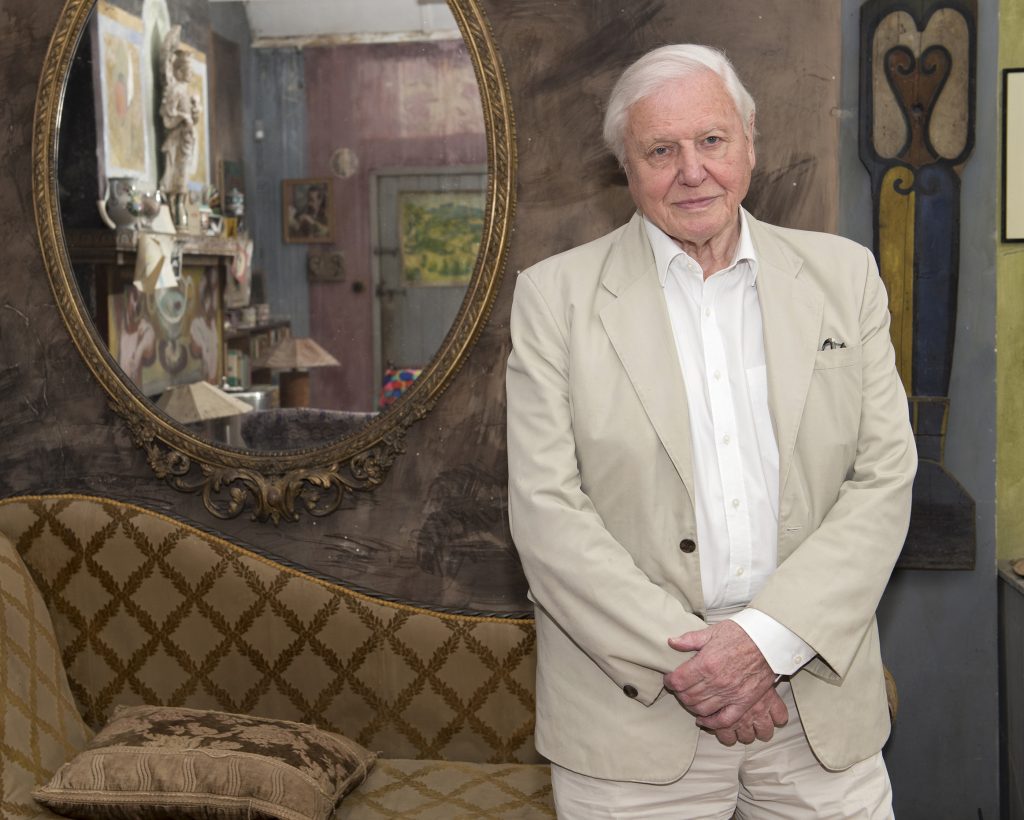
Despite the different attitude towards letting children roam free nowadays, Attenborough firmly believes in the importance of children experiencing nature, “It’s extremely important for children to connect with their natural surroundings – as children we delight in such things. I think children want to know about the natural world and how they fit into it – it gives them a great joy and insight about who they are and where they are”.
Attenborough is clear about the joy the natural world brings to humans, but does it bring pleasure to animals themselves? In his lecture, Beauty and the Beasts, Attenborough discussed the question of whether animals had a sense of beauty. Arguing that certain species such as the Indonesian bower bird use beauty as a guide to mate selection – the males decorate their nests with sticks and brightly coloured objects to attract a female – Attenborough concluded that “animals in general have an aesthetic sense, and just like us, they value and get pleasure from listening to complex songs, watching beautiful collections and beautiful dances.”
Continuing after his talk, to spend over an hour signing books, perhaps the only hint to Attenborough’s advanced years came when asked what animal he felt he connected with on the deepest level “a sloth,” he replied, “it spends all its time hanging upside down, just thinking and chewing and waiting and sleeping”.
Photo credit: Axel Hesslenberg
